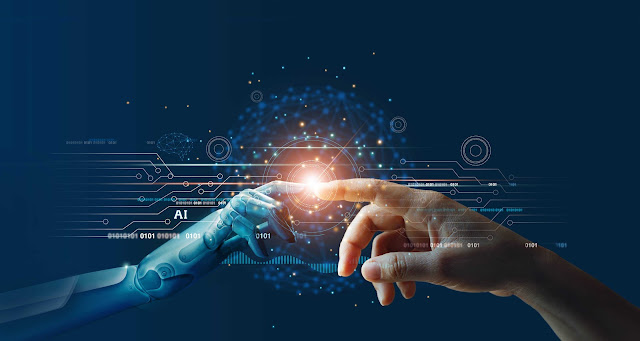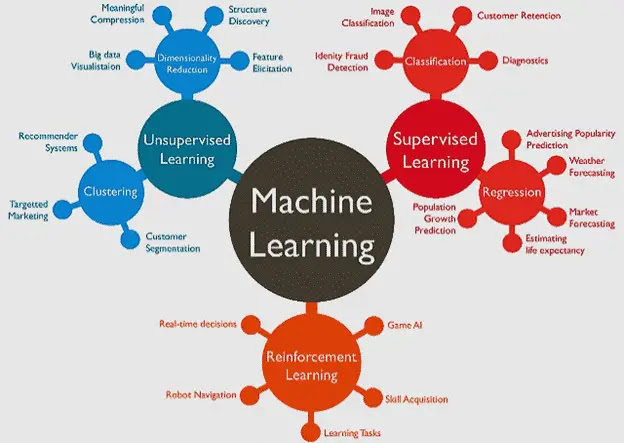Artificial Intelligence (AI)
Artificial Intelligence (AI) refers to the simulation of human intelligence in machines that are designed to think and act like humans. These machines can be trained to perform tasks that would normally require human intelligence, such as recognizing speech, making decisions, and solving problems.
Father of Artificial Intelligence
The term "artificial intelligence" was first coined by John McCarthy in 1955, who is often referred to as the "father of artificial intelligence". McCarthy was an American computer scientist and cognitive scientist who made significant contributions to the development of AI, including the creation of the programming language Lisp and the development of the concept of time-sharing in computer systems. |
| John McCarthy |
There are several branches of AI technology, including:
Machine Learning (ML) - This involves the use of algorithms and statistical models to enable machines to learn from data and make predictions or decisions without explicit programming.
Natural Language Processing (NLP) - This involves the use of AI to understand, interpret, and generate human language. NLP is used in applications such as language translation, sentiment analysis, and chatbots.
-------------------------------------------------------------
Computer Vision (CV) - This involves the use of AI to analyses and understand images and videos, such as recognizing objects, detecting faces, and tracking movement.
------------------------------------------------------------
Robotics - This involves the use of AI to control robots, including both physical robots and virtual robots. AI-powered robots can perform tasks such as object recognition, movement control, and decision making.
 |
| Robotics |
AI technology has the potential to revolutionize the way we live and work, by automating tasks that were previously performed by humans and improving the efficiency and accuracy of decision-making processes. However, it also raises important ethical and societal questions about the future of work and the potential for AI to be used for harmful purposes.
 |
Artificial Intelligence |
Conclusion:
Overall, AI is a rapidly growing field with exciting new developments happening all the time. It has the potential to bring about major positive changes in many areas of society, but it's important to be mindful of its potential risks and to ensure that it is developed and used responsibly.

.png)






